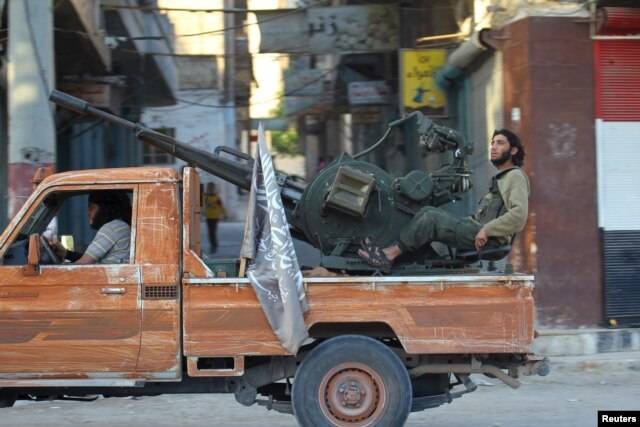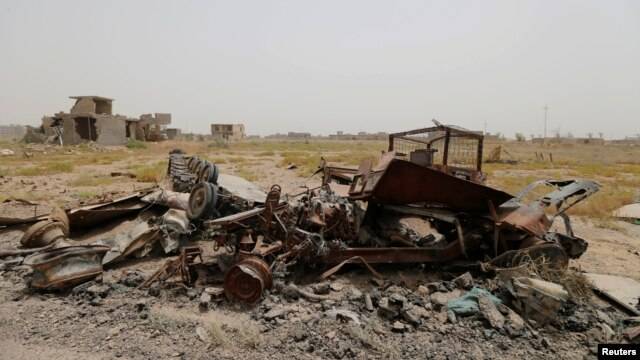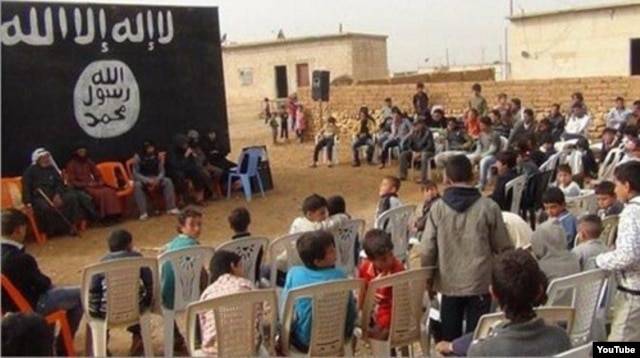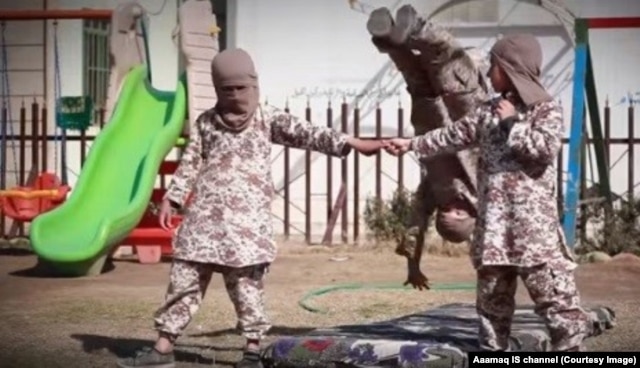barryqwalsh
Gold Member
- Sep 30, 2014
- 3,397
- 250
- 140
What is a caliphate? What ideals does such an Islamic state embody - and how could or should it be implemented? Analysis consults a range of voices to explore how the concept has evolved and has been expressed over the centuries. Edward Stourton talks to historians, religious scholars and political thinkers who offer their perspectives on caliphates of the past, the revivalist rhetoric of the present and the beliefs shared by many Muslims about its future return.
Audio
BBC Radio 4 - Analysis The Idea of the Caliphate
Audio
BBC Radio 4 - Analysis The Idea of the Caliphate






